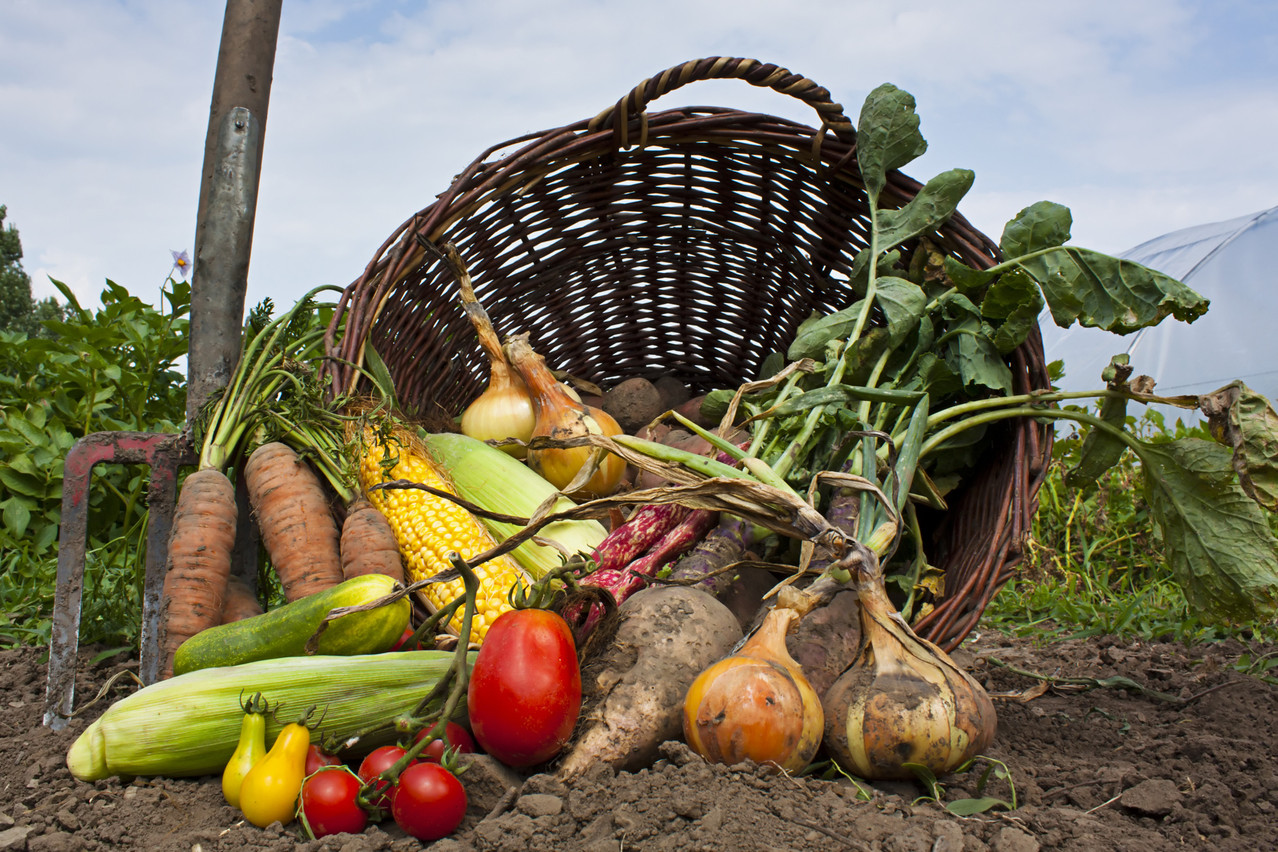Over 2021, 1,387 hectares of agricultural land switched to organic practices, revealed the minister in answer to on 16 December. 33 businesses made the change this year, a steep increase in comparison to the 10 (+2 beekeepers) new participants in 2020, though 11 of those 33 are only partly switching practices.
plan presented in March 2020, to make the grand duchy’s farming sector more organic.
Regardless, the growth in organic farming is too slow to meet the 2025 target. In 2020, only 1,5% of meat production was organic, for instance, while 1,3% of milk was organic. Eggs (18,80%), honey (15,03%), fruit (23,14%) and vegetables (35,36%) see the highest proportion of organic production. Seeds (2,4%). And grapes (2,6%), which alongside meat and milk, are more important contributors to Luxembourg’s agriculture, are also far from meeting the 20% mark.
Though the exact percentage of organic farming land cannot be established for the year 2021 yet, Schneider had last year remarked that 5,18% of the grand duchy’s land fitted the necessary criteria. A growth of 7% but that covered less than 1% more of the total farming land, at the time. Currently, 7,892 hectares are organic according to guidelines, though some counted are still in a transition phase.
Luxembourg’s agricultural sector had d by ecological organisations Greenpeace Luxembourg, Mouvement écologique and natur&ëmwelt of not doing enough to make its future agricultural strategy sustainable.
